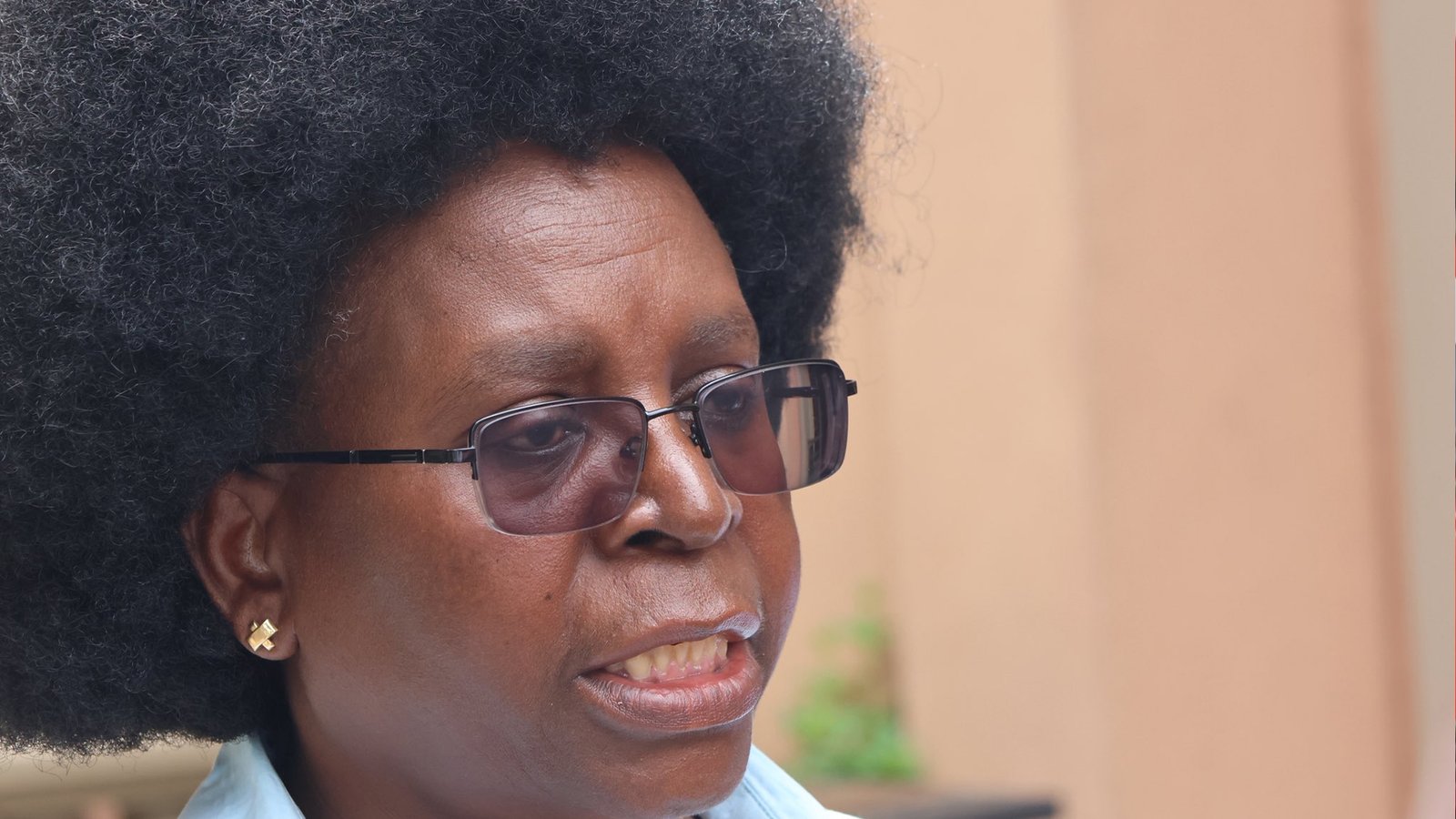The Minister for Science, Technology and Innovation, Dr. Monica Musenero, has urged engineers and young professionals to embrace artificial intelligence (AI) as a driver of opportunity, warning that those who resist the technology risk being rendered irrelevant.
Speaking ahead of the 11th UNESCO Africa Engineering Week and the 9th African Engineering Conference at Speke Resort Munyonyo, Musenero described AI as a tool that rewards proactive innovators but punishes complacency.
Latest
No More Borders for Students: EAC Ministers Approve Landmark Reforms
EC Rejects Peasant Party Signatures, Party Cries Foul Over Verification Process
PFF Withdraws From 2026 Race, Pushes for Joint Opposition Flagbearer
FDC Mourns NUP Abductions, Demands End to State Persecution
Exiled Ssemakadde’s Tenure at Uganda Law Society Ends on 27th Sept
Speaker Among Faces Backlash Over Bride Price Remark at King Oyo’s Coronation
MPs Raise Alarm Over UGX 723Bn Injection Into UGX 2Bn Company
“Artificial intelligence can be used against you if you sit around and do not make the effort to understand it, master it, develop it, and take control of it,” she said. “Indeed, if you sit around, it will take over. But for nations which are awake, for nations which are active, for individuals who are thinking, intelligence is a blessing.”
She noted that Uganda has already taken initial steps in AI development, including the establishment of an AI Studio, and that government intends to scale this further under the National Development Plan IV (NDP4).
Musenero’s call comes as debates intensify globally on the impact of AI on jobs, ethics, and governance. While critics warn of widespread job losses, she insisted that the technology should instead be seen as a catalyst for upskilling. “Don’t allow technology to stand above you. You were created to evolve, to change, to have dominion,” she emphasized.
The UNESCO-backed conference, which runs from September 11–13, has drawn engineers, policymakers, academics, and innovators from across Africa to deliberate on advancing engineering for sustainable development. With the theme focused on harnessing technology for Africa’s transformation, AI is expected to dominate discussions as countries explore ways to balance innovation with economic and social realities.
AI has already made inroads in Uganda, from digital financial services to health diagnostics and agricultural solutions. However, experts caution that without deliberate training and policy frameworks, Africa risks becoming a passive consumer of imported technologies rather than a creator of homegrown solutions.
“Artificial intelligence cannot build relationships. That is our role. It is a tool to enhance human capacity, not to replace it,” Musenero said, challenging Ugandans to view AI as an ally in shaping the country’s future.





